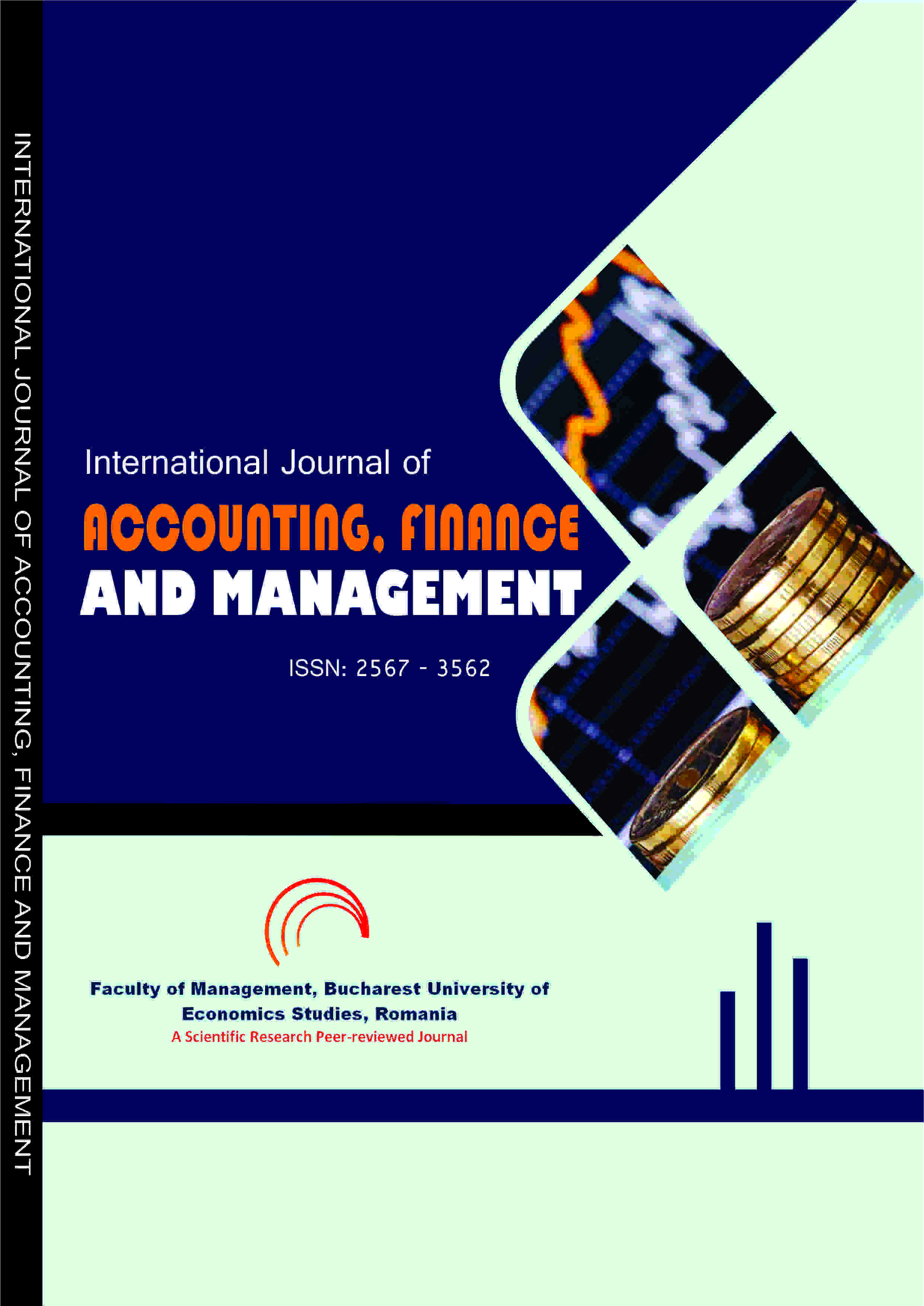INTERNATIONAL JOURNAL OF ACCOUNTING, FINANCE AND MANAGEMENT (IJAFM)
FAIRNESS DIMENSION OF GOODS AND SERVICES TAX: EVIDENCE FROM INDIAN MSMES
E-ISSN: 5669-4522
P-ISSN: 2567-3562
DOI: https://iigdpublishers.com/article/400
A tax system to be called fair must assess the tax liability of each tax-payer without any biases. Most studies suggest a positive relationship between tax fairness
perception and compliance behavior. This relation can only be ascertained if the factors of tax fairness are known. This study investigates the dimensions of tax
fairness in India concerning the recently implemented Goods and Services Tax (GST). A survey questionnaire on tax fairness was developed and administered to a sample of 210 business people belonging to the micro, small, and medium enterprises (MSME) sector. Measures of central tendency, factor analysis, and
reliability analysis identify five robust tax fairness dimensions: General Fairness, Exchange with Government, Process Equity, Inter-Group Equity, and Tax Rate
Structure. By identifying the dimensions of tax fairness, the perception of tax-payers can be understood, and the factors leading to tax evasion can be curbed.
Praveen Sahu
Abdul-Jabbar, H. (2009). Income tax non-compliance of small and medium enterprises in Malaysia: Determinants and tax compliance costs (Doctoral dissertation, Curtin University). http://hdl.handle.net/20.500.11937/2115
Adams, J. S. (1963). Towards an understanding of inequity. The journal of abnormal and social psychology, 67(5), 422-436.
https://psycnet.apa.org/doi/10.1037/h0040968
Allingham, M. G., & Sandmo, A. (1972). Income tax evasion: A theoretical analysis. Taxation: critical perspectives on the world economy, 3, 323-338.
Azmi, A. A. C., & Perumal, K. A. (2008). Tax fairness dimensions in an Asian context: The perspective. International Review of Business Research Papers,
4(5), 11-19.
Malaysian Barbuta-Misu, N. (2011). A review of factors for tax compliance. Economics and Applied Informatics, XVII(1), 69-76. Available at
https://www.researchgate.net/publication/254404758_A_Review_of_Factors_for_Tax_Compliance
